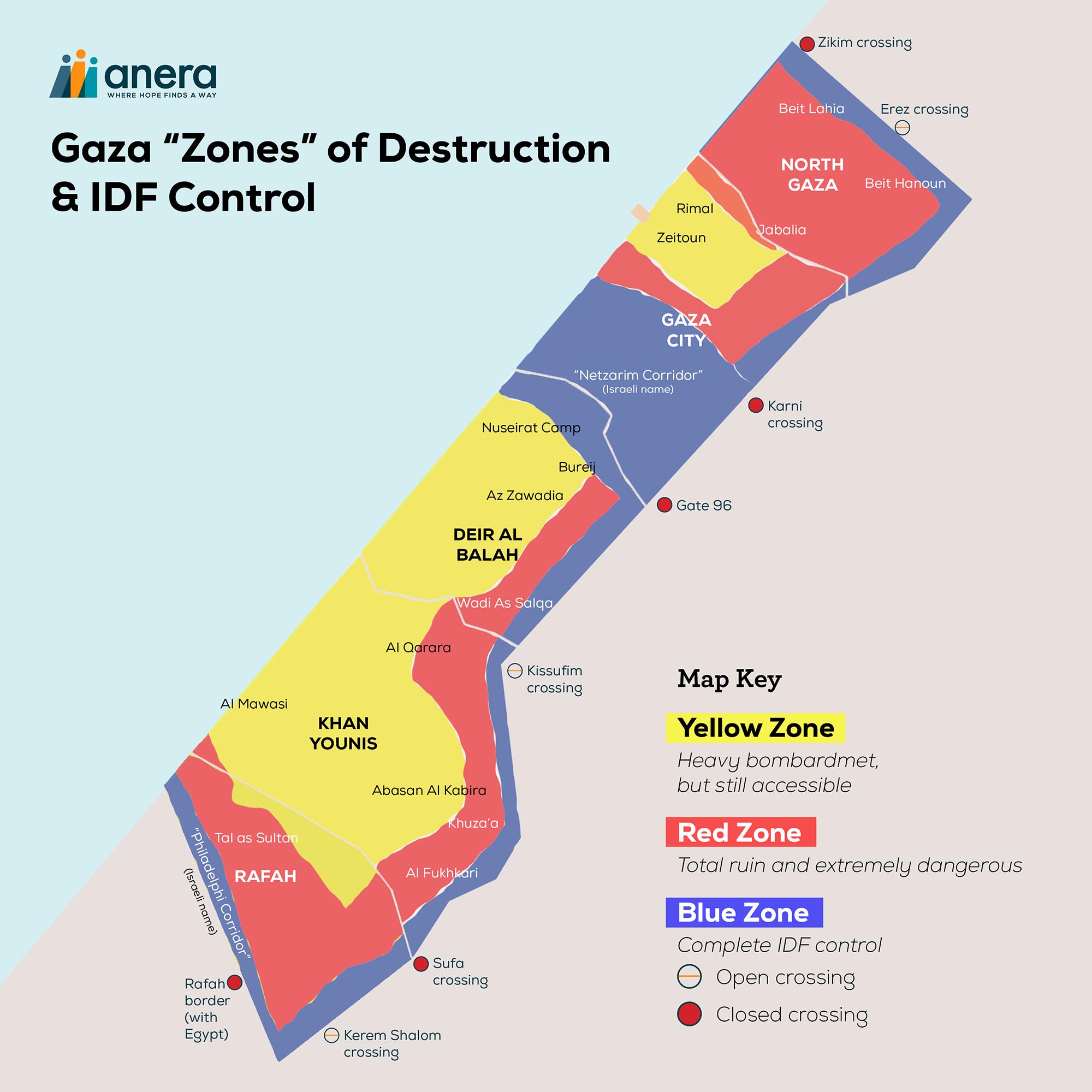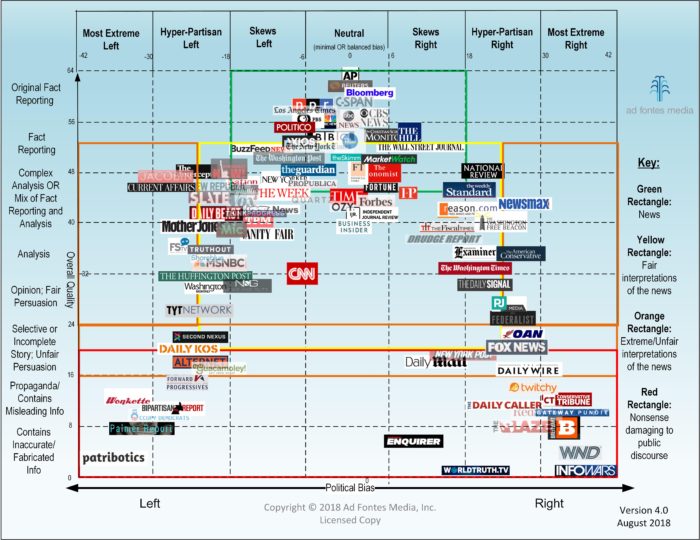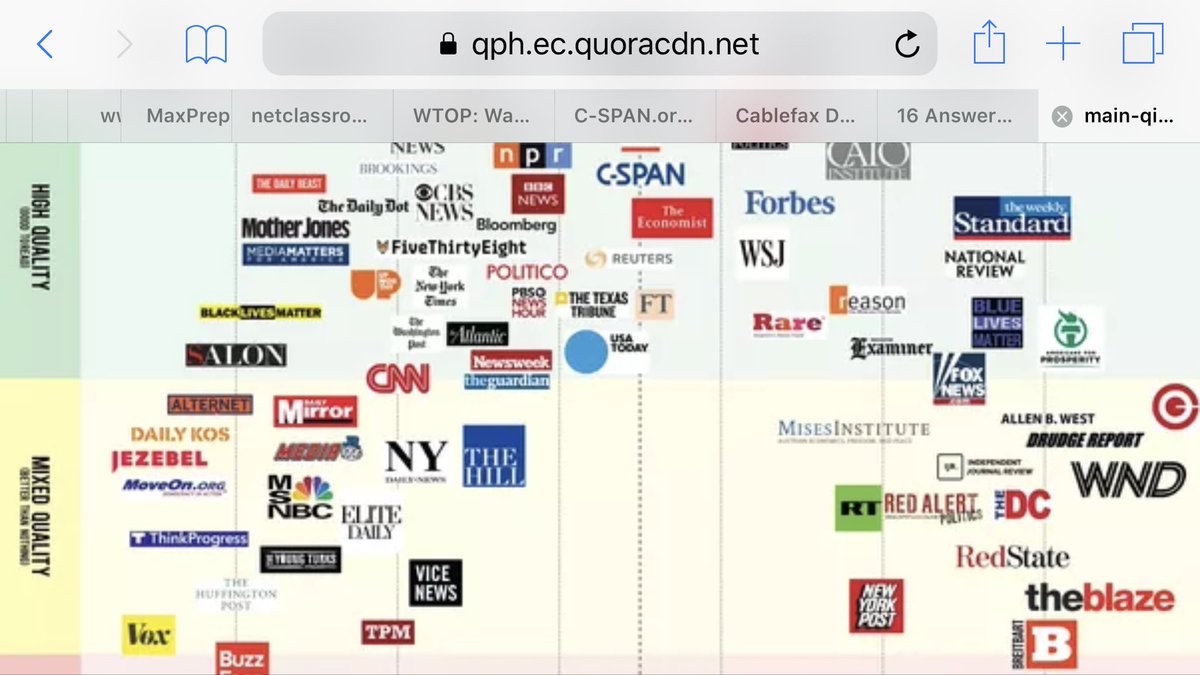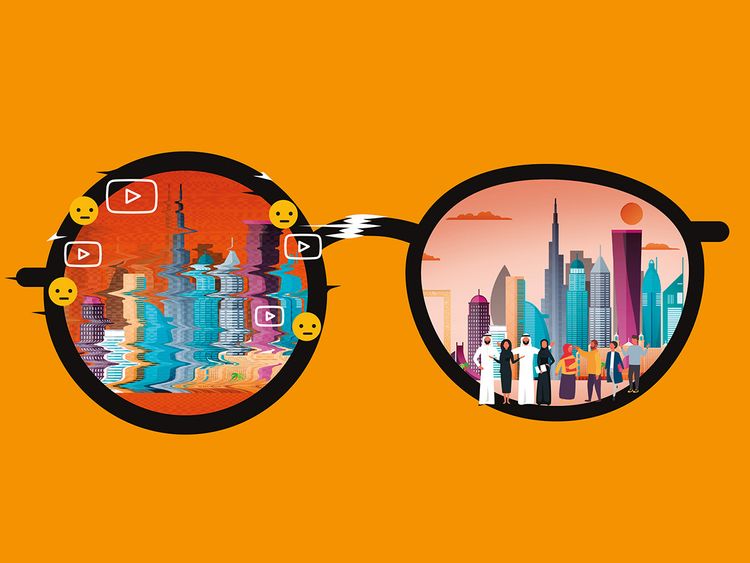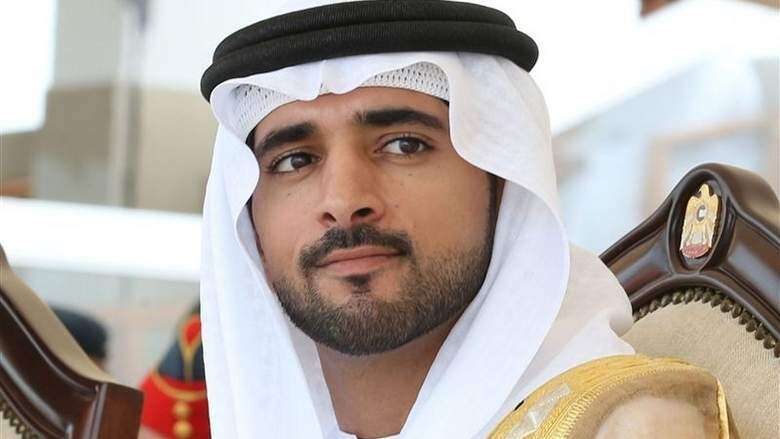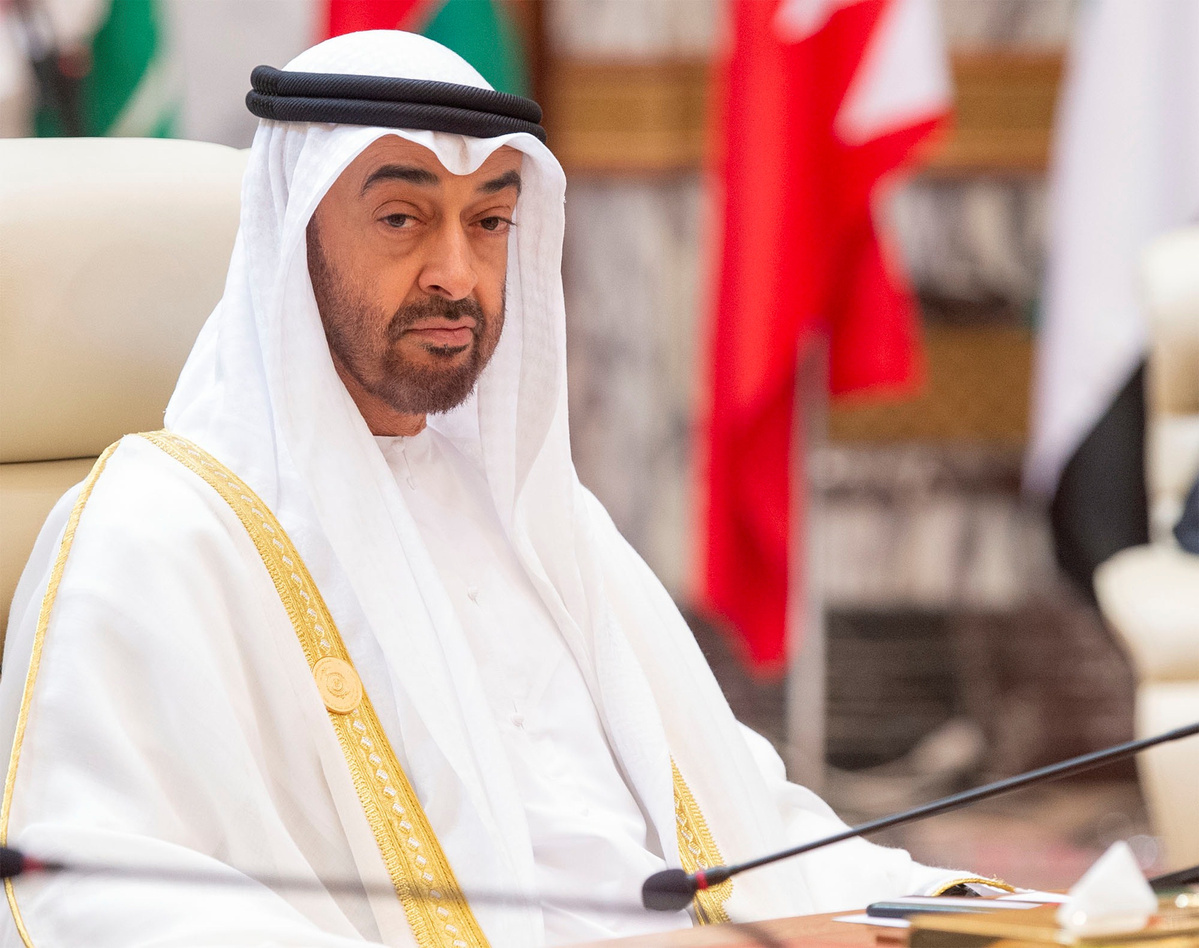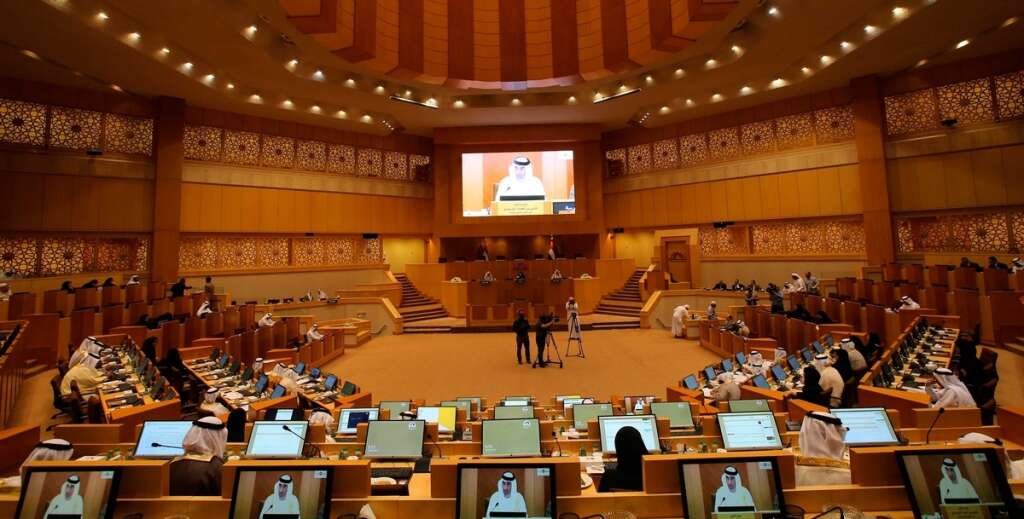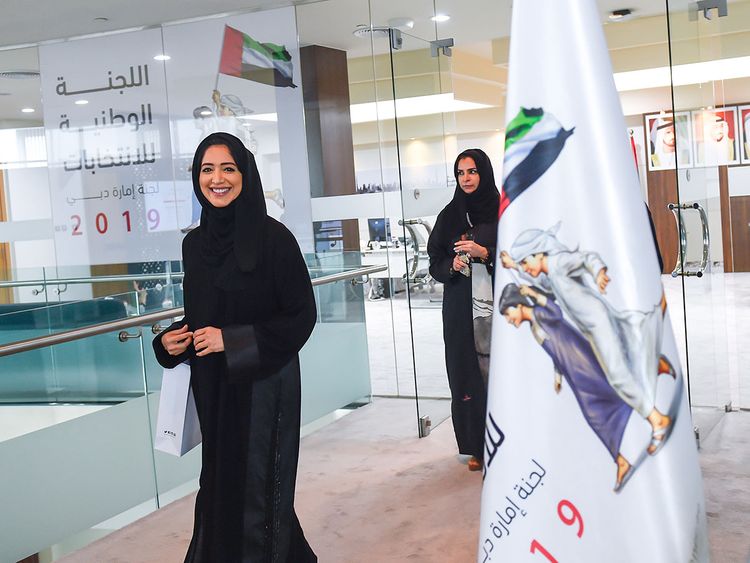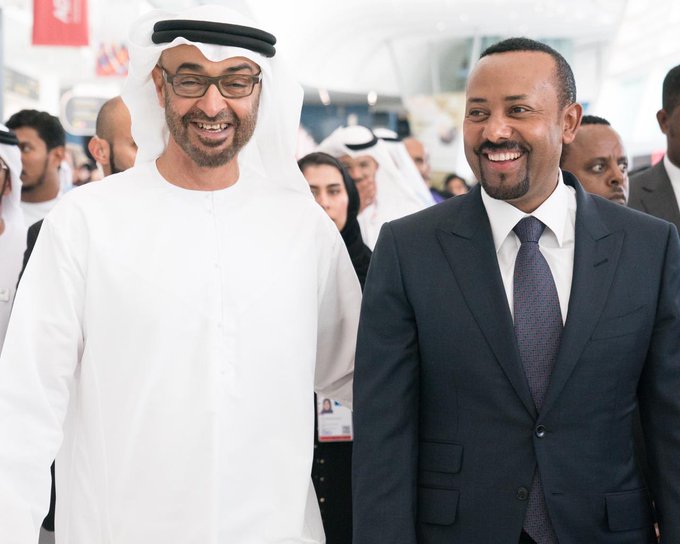1. Dubai, UAE
-
Why:
-
World-class infrastructure and connectivity (airports, ports, tech).
-
Politically neutral and already a hub for East–West trade.
-
Symbolic bridge between Asia, Africa, and Europe.
-
Pro-business regulatory environment.
-
2. Shanghai, China
-
Why:
-
Major BRICS member’s financial capital.
-
Global hub for trade, finance, and technology.
-
Demonstrates BRICS’ weight in the global economy.
-
Strong institutional capacity for hosting large organizations.
-
3. Johannesburg, South Africa
-
Why:
-
Represents the African continent’s economic powerhouse.
-
Would strengthen BRICS’ Global South identity.
-
Close ties to mining, commodities, and global trade flows.
-
Signals inclusivity beyond Asia-heavy influence.
-
4. São Paulo, Brazil
-
Why:
-
South America’s largest economy and financial hub.
-
Ensures BRICS headquarters isn’t Asia-centric.
-
Geographically balances representation across continents.
-
Symbolic commitment to multipolarity.
-
5. New Delhi, India
-
Why:
-
Strategically located between East and West.
-
Large, fast-growing democracy within BRICS.
-
Strong diplomatic network and experience in multilateral forums.
-
Reinforces BRICS’ commitment to inclusive development.
-
If BRICS wanted a symbolic, neutral “bridge” location, Dubai would probably win.
If it wanted maximum political weight, Shanghai or New Delhi would be the frontrunners.
Criteria
-
Geopolitical Neutrality – How acceptable the location is to all BRICS members and potential new members.
-
Economic Strength – Infrastructure, global financial connectivity, and ability to host major institutions.
-
Symbolic Value – How well the city embodies BRICS’ multipolar, Global South identity.
| Rank | City | Geopolitical Neutrality (1–10) | Economic Strength (1–10) | Symbolic Value (1–10) | Total |
|---|---|---|---|---|---|
| 1 | Dubai | 9 | 9 | 9 | 27 |
| 2 | Johannesburg | 8 | 7 | 10 | 25 |
| 3 | New Delhi | 7 | 8 | 9 | 24 |
| 4 | Shanghai | 6 | 10 | 8 | 24 |
| 5 | São Paulo | 8 | 8 | 7 | 23 |
Why This Ranking Works
-
Dubai (#1) – Checks all boxes: neutral, ultra-connected, symbolically “between” continents.
-
Johannesburg (#2) – Powerful African symbolism; would reinforce BRICS’ Global South leadership.
-
New Delhi (#3) – Politically important and geographically central to the group’s footprint.
-
Shanghai (#4) – Strongest economic muscle, but less neutral due to China’s global strategic rivalries.
-
São Paulo (#5) – Balances continents, but geographic distance from Asia-Africa-Europe trade routes slightly reduces practicality.
If BRICS wanted maximum operational efficiency, Dubai or Shanghai make the most sense.
If it wanted maximum symbolic impact, Johannesburg or New Delhi might win.
Structure: Multi-City, Function-Based HQ
Instead of one permanent capital, BRICS would have three core hubs plus rotating summit hosts.
1. Dubai – Executive & Administrative HQ
-
Role: Permanent seat of the BRICS Secretariat (day-to-day operations, coordination of committees, staff base).
-
Why:
-
Politically neutral and easily accessible for all members.
-
State-of-the-art infrastructure and stable business climate.
-
A symbolic bridge between East, West, and the Global South.
-
2. Shanghai – Economic & Trade Hub
-
Role: Host the BRICS Development Bank, trade negotiation offices, and data/innovation centers.
-
Why:
-
China is the largest BRICS economy and a major trade driver.
-
Global financial integration and advanced digital systems.
-
Capacity to host large financial and tech-focused agencies.
-
3. Johannesburg – Global South Diplomatic Hub
-
Role: BRICS Global South Forum for political coordination, development programs, and Africa outreach.
-
Why:
-
Ensures Africa’s voice is central, reinforcing inclusivity.
-
Symbolic anchor in the southern hemisphere.
-
Access point for cooperation with African Union and developing countries.
-
Rotating Annual Summit
-
Format: The annual BRICS leaders’ summit rotates among member states (New Delhi, São Paulo, Moscow, etc.).
-
Benefits:
-
Spreads diplomatic prestige evenly.
-
Strengthens national ownership and domestic visibility.
-
Brings BRICS brand closer to local populations in each country.
-
Advantages of This Model
-
Geopolitical Balance: No single member dominates the organization.
-
Operational Efficiency: Each city specializes in what it does best.
-
Symbolic Inclusivity: Africa, Asia, and the Middle East all represented.
-
Scalability: New hubs could be added if BRICS expands (e.g., São Paulo as Latin American hub).






